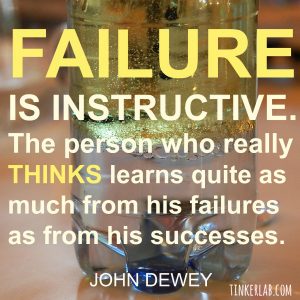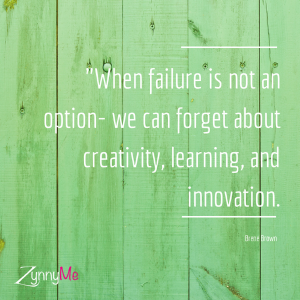I have participated in many fields of employment in my life so far. These include archaeology, phlebotomy and a scad of constructions jobs. But truthfully, none has taught me more about myself and my own ability to learn than working as a para-educator. There are as many aspects to being a great para-educator in a small, intimate school as there are positions in the school building and this requires you to be flexible and willing. I am reasonably accomplished at flexible and willing, but found I had a lot to learn about patience and understanding.
It took me awhile to understand the nuances that many children display during moments of frustration. Once I came to understand that anger, lack of interest and general tom-foolery belied a lack of understanding, I was able to help the child find a sense of direction in the learning. In my role as para-educator, I have had the same “aha” moment as many times as the kids I work with.
 While I attend to many different roles at school, my favorite is working with the kids in class. You can, and will, spend a lot of time helping a child understand a new and confusing concept that they struggle with for days on end. Then suddenly the “Aha, I get it!” look crosses the child’s face. I personally believe there is no greater reward! Most educators already know this to be a truth and that’s why they teach! This seemingly small event changes the confidence and growth mindset of the child each time it happens. Over time, this brings them to the realization that they are capable and that sometimes learning a new idea takes time and a little extra effort. They come to know in their hearts, that while it may seem an insurmountable task-with diligence and perseverance it is indeed an achievable task. They come to understand the concept of “yet”.
While I attend to many different roles at school, my favorite is working with the kids in class. You can, and will, spend a lot of time helping a child understand a new and confusing concept that they struggle with for days on end. Then suddenly the “Aha, I get it!” look crosses the child’s face. I personally believe there is no greater reward! Most educators already know this to be a truth and that’s why they teach! This seemingly small event changes the confidence and growth mindset of the child each time it happens. Over time, this brings them to the realization that they are capable and that sometimes learning a new idea takes time and a little extra effort. They come to know in their hearts, that while it may seem an insurmountable task-with diligence and perseverance it is indeed an achievable task. They come to understand the concept of “yet”.
 The idea of “yet” is a hard concept to wrap your mind around for some adults – and much more so for children. But with patience and direction everyone, especially children, can find their “yet”. When I started as a para-ed, I was unaware of the power of “yet”. I felt that if I didn’t understand something the first time, I would never get it. This attitude had cost me dearly in many avenues of my life – from musical exploration, to the jobs I was willing to try for, to the very people I interacted with. Now, having acquired the knowledge that abilities must be worked at and that you aren’t just born with all your gifts, but rather they must be tended and nurtured to bring them to fruition, I can apply this to my own life and help the children apply it to theirs.
The idea of “yet” is a hard concept to wrap your mind around for some adults – and much more so for children. But with patience and direction everyone, especially children, can find their “yet”. When I started as a para-ed, I was unaware of the power of “yet”. I felt that if I didn’t understand something the first time, I would never get it. This attitude had cost me dearly in many avenues of my life – from musical exploration, to the jobs I was willing to try for, to the very people I interacted with. Now, having acquired the knowledge that abilities must be worked at and that you aren’t just born with all your gifts, but rather they must be tended and nurtured to bring them to fruition, I can apply this to my own life and help the children apply it to theirs.
As I apply what I have learned about educating, I am truly grateful that we apply the laws of Growth Mind-set at the school I work in. Without such a positive outlook concerning mistakes, educating seems like it could be a very daunting task. With the abilities to help a child see that failing is one of the most important parts of learning, you can teach them that every perceived failure is actually a step towards their own successes.
In fact, as I write this I am reminded of the teacher who is instrumental in teaching all of us the importance of remaining positive in the face of adversity. That it’s how we deal with the situation that determines the eventual outcome and especially how we reconcile the results in our own heads. You know who you are! I believe what makes our small school work is everyone’s dedication -teachers and students alike – to helping one another find their “yet” moments.
What to know more? Check out Carol Dweck’s Ted Talk here.

